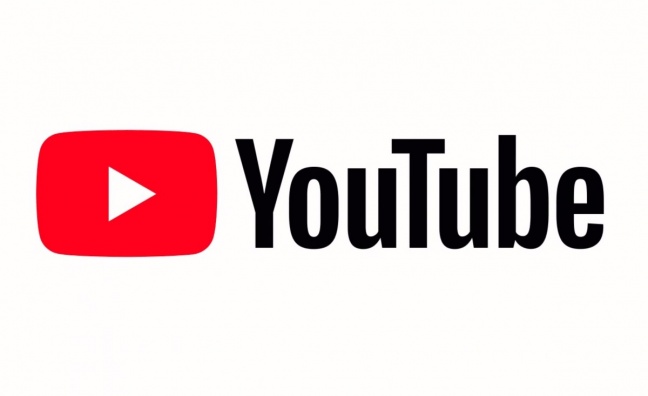This week’s Copyright Directive vote by MEPs represents the biz’s biggest opportunity yet to finally get YouTube and other user generated content sites on a level playing field with audio streaming services. It may also be the last chance, so chances are the last thing anyone in the industry should be taking.
The campaign has felt more effective this time around, with lobbyists finally giving up on their attempts to make the “value gap” happen and dialing down the complaints about the tech camp’s tactics in favour of concentrating on the impact the current situation has on artists and creativity in general.
Last week's busking protest may not have attracted too many international superstars, but that may have helped the message hit home. The LoveMusic campaign has certainly been enough to provoke a rare public statement from YouTube, with chief business officer Robert Kyncl coming out fighting over Article 13.
It’s so important that the arguments remain about tech companies playing fair, rather than not playing at all
But, however oppositional the relationship between music industry and YouTube may appear right now, the real situation is – as another online giant would say – complicated. Last time the Copyright Directive was in front of the European Parliament, Sir Paul McCartney was at the heart of the campaign to get it approved, claiming “the value gap jeopardises the music ecosystem”. Hell, he even invoked the so-called 'value gap', a term that has not always had the impact the industry hoped it might. But this time, Sir Paul is launching his new album with an exclusive concert on, you guessed it, YouTube.
And, indeed, almost everyone campaigning against Google on this issue will have a commercial relationship with it somewhere along the line. Hypocrisy may be our greatest luxury, but the truth is, you’d be crazy not to deal with YouTube, so ubiquitous has the company become.
That’s why, as the likes of UK Music rally the troops for a final push, it’s so important that the arguments remain about tech companies playing fair, rather than not playing at all. The music industry wants and needs a successful YouTube at the heart of what it does, particularly as the platform has belatedly embraced subscription. But that doesn’t mean it should always have to engage on Google’s terms.
And, for this week at least, that needs to come across loud and clear. Good luck.











